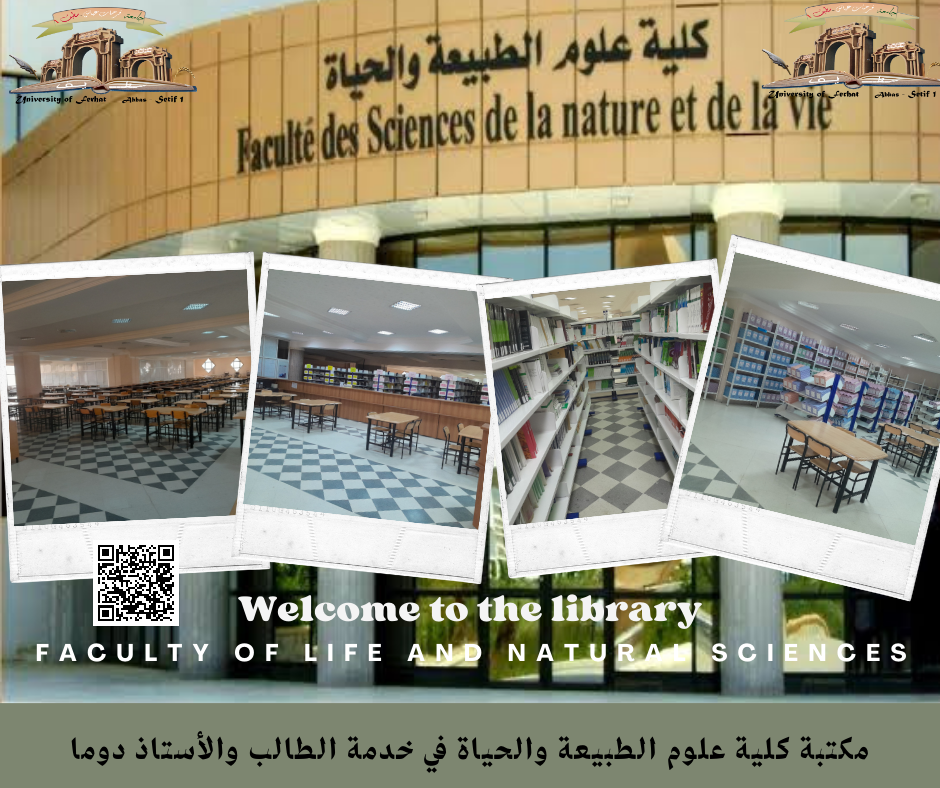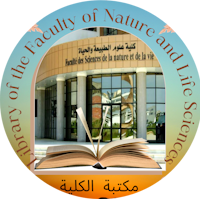Catalogue de la bibliothÃĻque de SNV
A partir de cette page vous pouvez :
| Retourner au premier ÃĐcran avec les catÃĐgories... | Votre compte | Aide |
 NouveautÃĐ
NouveautÃĐ
| Titre : | Treatment and Disposal of Solid and Hazardous Wastes |
| Auteurs : | Debashish Sengupta, Auteur ; Brajesh K. Dubey, Auteur ; Sudha Goel, Auteur |
| Type de document : | texte imprimÃĐ |
| Editeur : | Londres : Springer, 2022 |
| ISBN/ISSN/EAN : | 978-3-030-29642-1 |
| Format : | 1 vol.(236 p.) / ill.en coul / 24 cm |
| Langues: | Anglais |
| Index. dÃĐcimale : | 628.74 (Technique des dÃĐchets) |
| CatÃĐgories : |
Ecologie et Environnement - MÃĐtÃĐorologie - ClÃĐmat - BiodiversitÃĐ |
| Mots-clÃĐs: | Environment ; waste management ; solid waste management ; hazardous solid waste ; nuclear waste |
| RÃĐsumÃĐ : |
Interest In solid and hazardous waste management is relatively recent, i.e., in the last three decades, and is driven by regulations in most countries. It began with industrial hazardous waste followed by municipal solid waste, and subsequently by many other categories of waste. This Book presents numerous examples and case studies of innovative tools, treatment methods and applications in this growing area of research and development. It describes in detail laboratory methods of measuring the biodegradation of specific organic fractions, like floral waste, and also discusses the treatment of yard and food waste by anaerobic digestion and landfill leachate using constructed wetlands. Case studies are provided that show how remote sensing (RS) and GIS were used to develop an integrated solid waste management plan for a city and to evaluate the environmental impacts of stone quarrying activities. The book also features chapters discussing the implications of natural radioactivity in beach placers and their impact on groundwater and other parts of the environment, as well as the twelve principles of green chemistry and their application in the reuse and recycling of solid waste. Moreover, it includes examples of waste to energy, like refuse derived fuel and biofuel generation and an evaluation of their potential, and covers topics such as life cycle assessment as a tool for developing integrated solid waste management systems and an overview of municipal solid waste management rules, illustrating the importance of technological inputs in the development of regulatory frameworks. Written by leading practitioners and scholars in the field, the book enables readers to understand and apply these principles and practices in their endeavours. |
| Note de contenu : |
Sommaire: - Biodegradation of Floral Waste Under Aerobic Conditions with Different Microbial Inocula and Aeration Methods - The Treatment of Landfill Leachate and Other Wastewaters Using Constructed Wetlands - Occurrence of Natural Radioactivity, Its Elevated Levels in Ground Water and Implications - Refuse Derived Fuel (RDF) Production and Utilisation Potential from Municipal Solid Waste (MSW) in India - Impact of Sandstone Quarrying on the Health of Quarry Workers and Local Residents: A Case Study of Keru, Jodhpur, India - Incorporation of Life Cycle Thinking in Development of Integrated Solid Waste Management Systems - Reuse and Recycle: A Green Chemistry Approach - An Integrated Solid Waste Management (ISWM) Plan Using Google Earth and Linear Programming: A Case Study of Kharagpur City, West Bengal |
Exemplaires
| Code-barres | Cote | Support | Localisation | Section | DisponibilitÃĐ |
|---|---|---|---|---|---|
| FB/15593 | SNV8/1792 | Livre | Bibliothèque SNV | Englais | Disponible |
| FB/15592 | SNV8/1792 | Livre | Bibliothèque SNV | Englais | Disponible |

